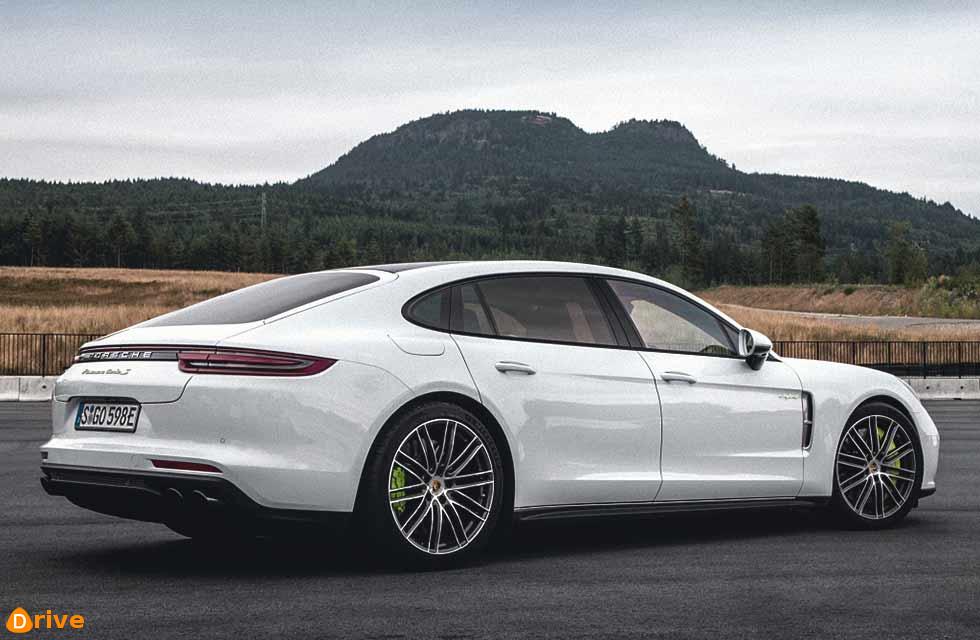Porsche is among a number of car makers who have temporarily halted production of plug-in hybrid models. The move comes in response to the introduction of the new WLTP (Worldwide harmonised Light vehicles Test Procedure) regime, which came into force in the EU at the beginning of September.
PORSCHE PUTS HYBRID MODELS ON ICE WLTP strikes again…
As a consequence of WLTP, most if not all models will see an increase in their rated CO2 emissions levels. According to the German Association of the Automotive Industry, the testing procedure for the new WLTP system is particularly intensive. “These vehicles complete the test several times. They start with a full battery. The cycle is repeated until the battery is empty,” it says. The test is then repeated with the battery on empty and this multi-stage process is used to determine CO2 emissions more precisely, along with electrical and total range. In the case of plug-in hybrid models, it’s thought the new test will push many models over 50g/km. That, in turn, would see those models lose extensive tax benefits and other subsidies applied to electric and plug-in hybrid in many European territories.

Plug-in hybrid cars, of course, refer to models with both combustion engines and battery-electric drive that support external charging sources. Mild hybrids, such as the standard Toyota Prius, have both electric and combustion drive sources but charge their batteries exclusively from brake regeneration and cannot be connected to an external power source.
For some brands and models, it’s thought the production halt simply reflects priorities in terms of having cars certified for sale under the new rules. Facilities for conducting the more intensive WLTP testing are limited and the new regime also demands that every possible trim and spec level is individually tested, putting a huge load on limited resources. However, for some models, manufacturers could opt to increase the size of the installed battery to ensure CO2 emissions stay within tax and benefit boundaries.
Currently, Porsche has halted production of its hybrid Panamera/Cayenne models. “We will not start taking orders again until the cars are being built, the timing of which has not yet been confirmed,” a Porsche spokesperson told Automotive News. Porsche has not commented whether it intends to increase the battery capacity of its hybrid models. But the halt in production will surely be having a major impact. Figures for the first half of 2018 show that 69% of Panamera sales in Europe were plug-in hybrid.
Porsche has ceased production of its plug-in hybrid models, while it seeks to comply with new WLTP rules.





